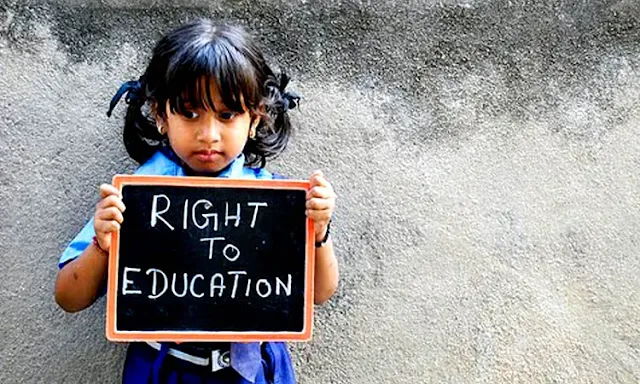In a landmark judgment, the Rajasthan High Court reaffirmed the fundamental right to education for all children, emphasizing its critical importance in the rehabilitation and empowerment of a minor rape victim. The case involved an 11-year-old girl who, after enduring the trauma of sexual assault and giving birth, expressed a desire to continue her education. The Superintendent of the Government Balika Grah, where the child resided, submitted letters to the court seeking permission to enroll her in Class III at a nearby government school.
Justice Anoop Kumar Dhand, presiding over the case, highlighted that under Article 21A of the Indian Constitution, every child has the fundamental right to free and compulsory education. This right is further reinforced by the Right of Children to Free and Compulsory Education Act, 2009, which mandates the state to ensure educational access for children aged 6 to 14. The court noted that this legal framework imposes a binding obligation on both central and state governments to implement these provisions effectively.
The judgment underscored the transformative power of education, particularly for girls, in addressing systemic social issues such as poverty, gender inequality, child marriage, and overpopulation. Justice Dhand observed that educated girls are more likely to delay marriage and childbirth, leading to improved health outcomes for themselves and their children. Despite these benefits, the court acknowledged persistent challenges in India, where girls often face societal expectations to prioritize household responsibilities and marriage over education. Financial constraints and a significant gender gap in educational enrollment and completion rates further exacerbate these issues.
In light of these considerations, the court granted permission for the minor to be admitted to a government school near the Balika Grah. It directed the Superintendent to oversee her enrollment and to submit annual reports each July, along with documentary evidence of her academic progress, until she reaches the age of majority. Furthermore, the state was instructed to bear all expenses related to her education during this period.
This decision not only facilitates the individual rehabilitation of the victim but also sets a precedent emphasizing the state's duty to uphold the educational rights of all children, especially those from vulnerable backgrounds. By ensuring access to education, the court aims to empower the victim to rebuild her life and to challenge the societal norms that often hinder girls' educational pursuits.










0 Comments
Thank you for your response. It will help us to improve in the future.